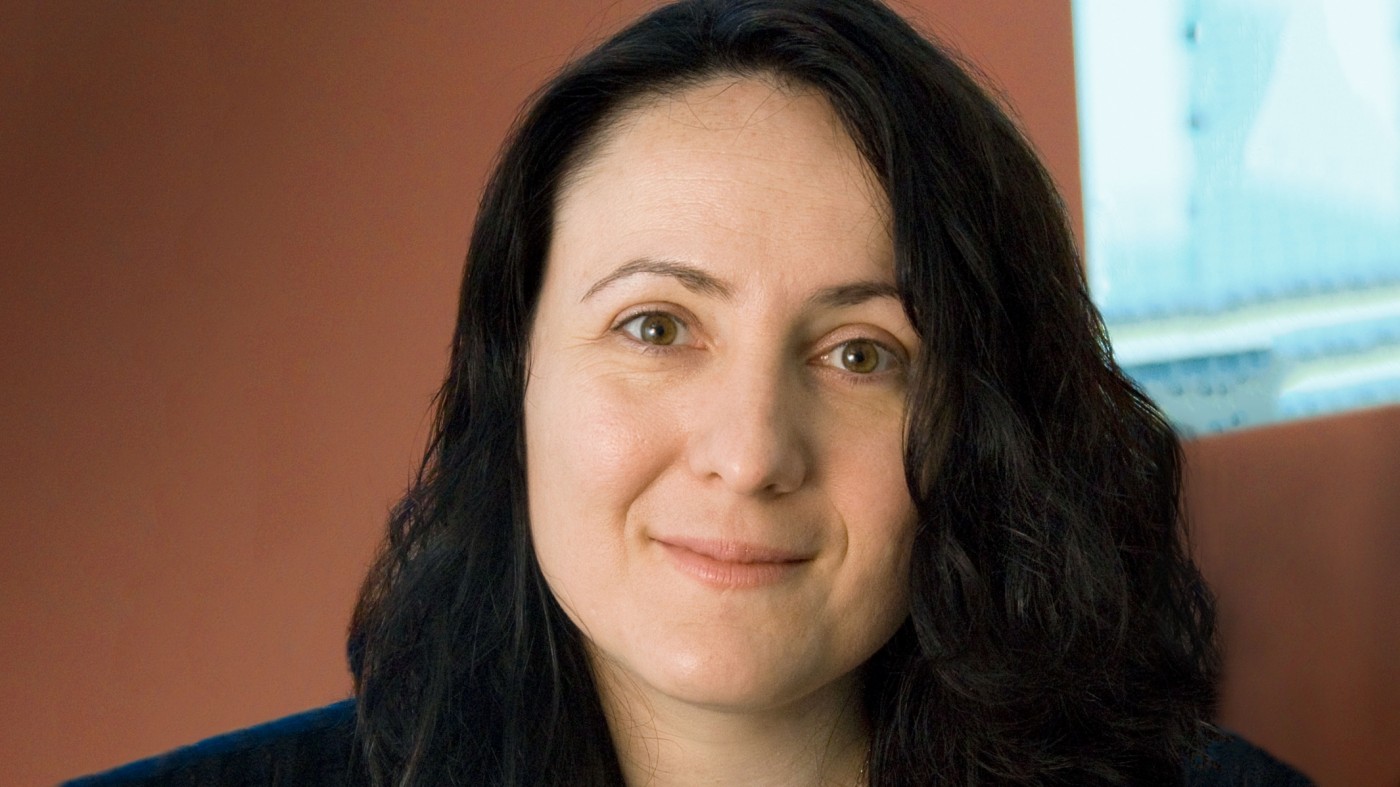Gladstone Scientist Wins $5.8M NINDS Award for Work in MS and Neurological Diseases

Katerina Akassoglou, PhD, a Gladstone Institutes senior investigator, has been awarded a multiyear, $5.8 million career grant from the National Institute of Neurological Disorders and Stroke (NINDS) for her work on neurological diseases, including multiple sclerosis (MS).
The Gladstone Institutes is a nonprofit community of scientists, affiliated with the University of California, San Francisco (UCSF).

Katerina Akassoglou (Credit: Chris Goodfellow, Gladstone Institutes)
“I am humbled and honored to receive this award, and I am extremely grateful to NINDS for their continued support of my research,” Akassoglou said in a press release. “Neurological diseases are a complex problem, and this grant will make it possible for my lab to pursue entirely new solutions for these devastating conditions.”
The award will be used to cover direct research costs, and will be distributed over eight years. Akassoglou is a professor in the department of neurology at UCSF, and she will use the opportunity to further her work into the role of the vascular and immune systems of the brain in neurological diseases like MS.
“The NINDS Research Program Award is intended to give outstanding investigators more financial stability and reduce the amount of time they spend writing grant applications,” said Robert Finkelstein, PhD, NINDS associate director for the Division of Extramural Research. “Our goal is to allow these researchers to undertake bold, long-range projects and to establish a more stable training environment in their laboratories.”
Akassoglou’s research will focus on the intersection of the brain, and the immune and vascular systems. Akassoglou’s lab pioneered work into the study of blood proteins, finding that when these proteins leak into the brain, they damage cells and activate the brain’s immune system, triggering inflammation and neuron death. One blood protein identified, fibrinogen, is implicated in MS. She believes this protein could become a therapeutic target for MS and several other neurological diseases.
Her lab later found that a specific component of the membrane enveloping the cell nucleus also plays a critical role in the regulation of brain cells’ activity, a discovery that could open many doors.
“We are excited about the basic scientific discoveries and therapeutic developments this prestigious award will enable, and we are proud of the confidence it reflects in Katerina and our institution,” added Lennart Mucke, MD, director of the Gladstone Institute of Neurological Disease.
“Katerina’s research is opening new avenues to understanding mechanisms of neuro-inflammation, with exciting translatable opportunities,” said R. Sanders Williams, MD, president of Gladstone Institutes. “This new grant will accelerate her progress.”
This NINDS Research Program Award (R35) provides long-term support to extraordinary scientists who have a consistent record of high-impact contributions to neuroscience. It promotes ambitious and creative research, and offers researchers the freedom needed to embark on groundbreaking projects.






